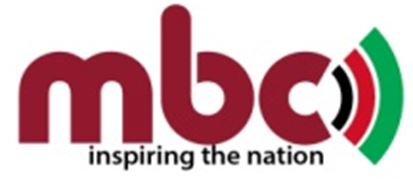Malawi’s economists have delivered a frank assessment of the country’s financial standing while charting a collective course towards recovery at the 2025 Economics Association of Malawi (ECAMA) Annual Conference.
Opening the conference under the theme “Beyond the Crises: Reshaping the Economy,” Minister of Finance, Joseph Mathyola Mwanamvekha, painted a sobering picture of the nation’s fiscal health. He disclosed that real GDP growth for 2025 is projected at just 2.8 percent, down sharply from 5.0 percent in 2019, while inflation has surged to 28.2 percent from 9.4 percent over the same period.
“Malawi is currently facing significant macroeconomic challenges,” said Mwanamvekha, noting that public debt has ballooned from K4.1 trillion in 2019 to K21.6 trillion today. He added that foreign exchange reserves have fallen to less than one week of import cover, leading to acute shortages of essentials such as food, fuel and medicines.
He then assured the gathering that the government is working around the clock to find short, medium and long-term solutions to the current fiscal situation. He cited debt restructuring, grants, and moratoriums as some of the measures being pursued.

Echoing the Finance Minister’s concerns, Reserve Bank of Malawi Governor, MacDonald Mafuta Mwale, said persistent economic shocks have undermined growth and stability. He noted that headline inflation remains stubbornly high at 28.1 percent, largely driven by food scarcity.
“Why is it that we cannot produce enough food for our own consumption? How are our neighbours, with the same climatic conditions, able to produce and feed us?” Mwale questioned, calling for a national shift in focus towards agricultural productivity and food security.

Bringing an international perspective, Professor Victor Murinde, Executive Director of the African Economic Research Consortium (AERC) and AXA Professor at SOAS University of London, stressed that fiscal reforms must move beyond rhetoric and yield visible results.
“Successful fiscal reforms must go beyond doing things differently they must improve realities on the ground by ensuring macro-stability, accountability, and transparency,” said Professor Murinde.
He cited Rwanda as an example of how strong institutions, practical targets, and protected whistleblowers can turn fiscal discipline into national progress.
In her closing remarks, ECAMA President, Dr Bertha Bangara Chikadza, urged the nation to adopt bold thinking and transformative strategies.

“We must not just rebuild what was, we must build what must be,” said Chikadza while rallying delegates to focus on creating an economy built on value, not just volume.
According to Chikadza, discussions will continue and delegates are expected to propose actionable measures to strengthen fiscal discipline, boost private sector growth, and realign national priorities with the Malawi 2063 vision.
#MBCDigital
#Manthu



